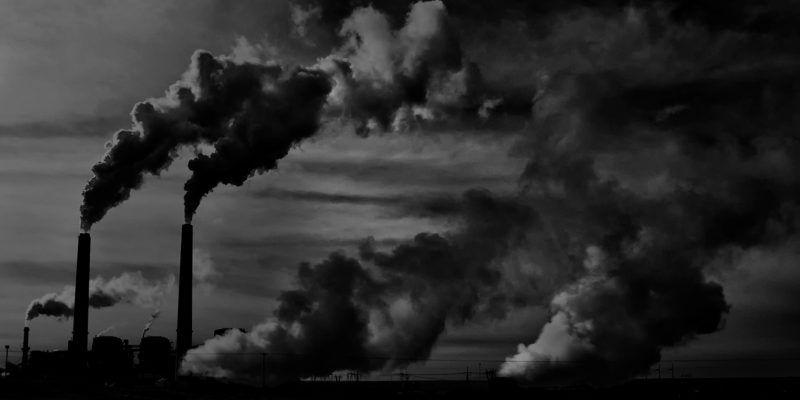Like the oil and gas execs, the utility execs have known for decades that their fossil fired power plants were among the biggest contributors to polluting emissions - and mostly did nothing about it. They produce 25% of US emissions; getting them to produce clean electricity is a cornerstone of emissions reduction. Our legal mind would like to hold them accountable for their past inaction, but our capitalist brain says to forgive and forget. As long as these utility companies now embrace a path to sharply cut their emissions, there should be a policy path to maintain their profitability for the benefit of shareholders, employees and customers.
Utilities have been in business since Thomas Edison fired up the first US coal power plant in downtown Manhattan in 1882. (Edison, by the way, predicted a future with energy harnessed directly from the Sun). Across the country these investor-owned utilities have monopoly power in their service areas. Accordingly, state Public Service Commissions (PSCs) pass judgment on how utilities invest capital. Every time a utility builds a power plant, they need PSC approvals to get a guaranteed return on their investment. That profit is then baked into the rate that customers pay for power and locked in for decades throughout the useful life of the plant. Until recently, these investments have been regulated without regard to their emissions and climate change.
This 20th century approach has caused fossil assets held by US utilities to double from ~$59 billion in 2005 to ~$162 billion in 2020. These short-sighted (yet regulator-approved) investment decisions have long term climate consequences. At this point, however, the cost curves have moved and building and running new renewable energy assets is cheaper than current operating costs for coal and cheaper than building new gas plants. In fact, 79% of existing US coal plants and 90% of new US gas plants are not cost-competitive with renewables plus storage. Nevertheless, operating with 20th century mind sets, utility execs and PSC Board members are generally prepared to sit back and continue to run these dirty, increasingly uncompetitive assets for decades.
Capitalism has to be adjusted to accelerate the clean energy transition. We ought to just pass a federal law to mandate that the coal plants (and eventually the gas plants) be turned off on a schedule consistent with utilities’ ability to replace this dirty power with renewable clean power (solar, wind, hydro, storage, nuclear, etc.). That was tried under the Build Back Better bill but Joe Manchin wouldn’t go for it because it’s bad politics for a West Virginia senator to vote to shut down coal plants.
Home and business owners can take matters into their own hands by building their own solar/wind/storage assets or buying power from renewable suppliers where that’s possible. Other solutions include state laws/policy to provide long-term, low-cost debt to utilities called “securitization.” This approach compensates utilities for financial losses that result from turning off coal plants that still have useful lives. States are also revising how utilities are regulated with performance-based measures, so utilities get rewarded for cutting their emissions.
But, as of 2022, most of the action to push utilities to cut emissions is happening at the Public Service Commissions as utilities come forward with plans to provide either clean or dirty power for the next few decades. Fortunately, talented advocates for clean energy are engaging with the utilities and PSC Commissioners to push for clean energy. Earthjustice, America’s top environmental law firm, has a significant energy practice working to advance clean energy at public utilities commissions around the country. Recent victories include stopping El Paso Electric Company from charging rooftop solar customers more than regular ratepayers, negotiating a settlement that commits DTE Energy in Michigan to retire their coal plants, and working with an alliance of local groups in Puerto Rico on a clean, affordable, and hurricane-resilient grid. You can learn more about their work and support their mission with a donation at www.earthjustice.org.




